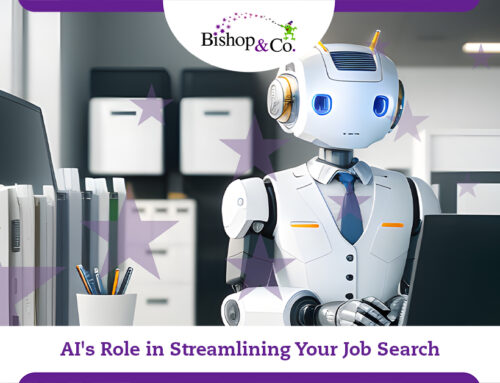You are an experienced professional who has recently switched to the software industry. With so many businesses automating and running off dashboard programs, the jump isn’t as big as it used to be. Changing your career path is always a challenge, but often a very rewarding one. If you have seen a future for yourself in software after years of experience on another track, you’re not alone. Because software has become a major part of every sector, many people build proficiency and even find a calling in software after years of working with industry programs and developing their own solutions.
Today, we want to talk about how someone making a career change can spotlight their existing expertise while making the shift to a first official software role. Whether you plan to maintain, customize, or develop software using the industry knowledge you have already accumulated, there are some great ways to showcase your software skills from square one.
Switching to a Career in Software
Whether you started in logistics, manufacturing, retail, or hospitality, it only takes a few steps from using a dashboard to programming one. However, getting a new job that reflects your recently developed software skills can be more challenging.
If you’ve recently switched to the software industry, your resume probably doesn’t read like a kid who graduated college with a computer science degree or a pro with a decade of software to list. So how do you, a capable and proficient software expert, establish your expertise to new employers hiring in the software industry?
It’s all about how you present your current skills and the experiences that brought you to software engineering.
1. List Technical Skills You Are Proficient With
One of the first things you learn in tech hiring is to list every kind of software you’re good at using – or even proficiently familiar with.
Consider the languages and operations you know like Python, Golang, SQL< API dev, React JS. Don’t forget to list everything you use to manipulate, write, or manage software like your programming languages and IDE of choice. Even software proficiency like Microsoft 365, Adobe Photoshop, and spreadsheet experience all play a part. The more technical skills you are proficient with, the more employers can see that you know about software, inside and out.
2. Mention Your Software Training Program or Mentor
Where did you learn your recent software skills? If you went through a professional training program or took night classes at the local community college, mention it. In fact, list it in the education and certification section of your resume. If you realized you were the most talented at handling an employer’s recent system upgrade, tell that story. If a software developer mentored you through your skill development, recognizing them also validates the expertise you learned from them.
3. Reference Your Related Experience
Talk about what you know about software from your past experience. Mention that you are passionate about fixing broken systems because you’ve worked with so many. Or talk about how your previous industry lacked good software, and so you learned how to do everything manually or through a command line for lack of a dashboard. Or talk about how you became proficient when an employer piled too many apps onto their stack.
Every experience that leads you to a career in software is valid because it gives your expertise depth and context, and shows off those other years of learning you did in other industries.
4. Create a Demo of Your Skills
One way to show off your skills is to have a demo ready. Artists have art portfolios. Writers have portfolios of past written work. Game developers will reference games they worked on. A new software developer may not have past projects, but you can build something that an interviewer can see is original and hand-built. Especially if you keep the testing environment open to show off your familiarity and ability to change your own work on request.






Leave A Comment